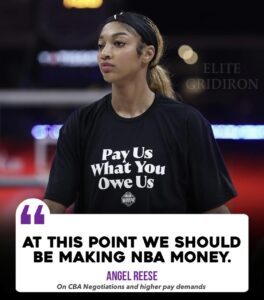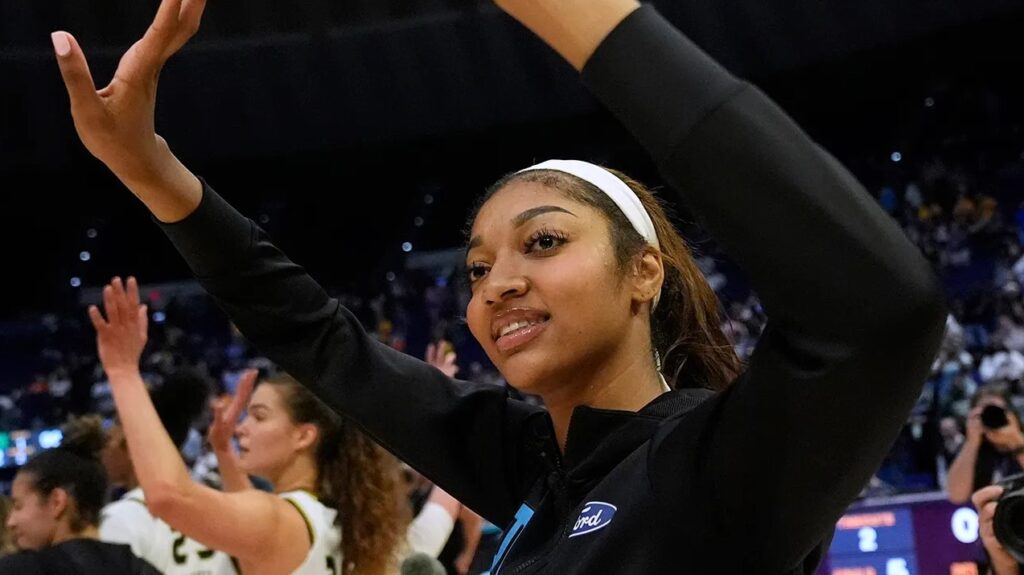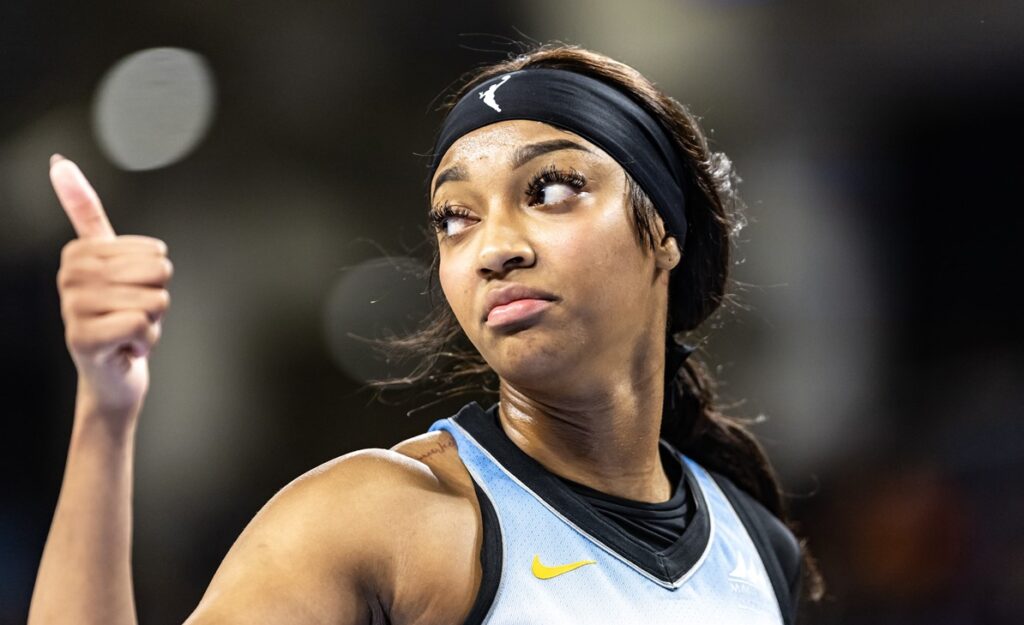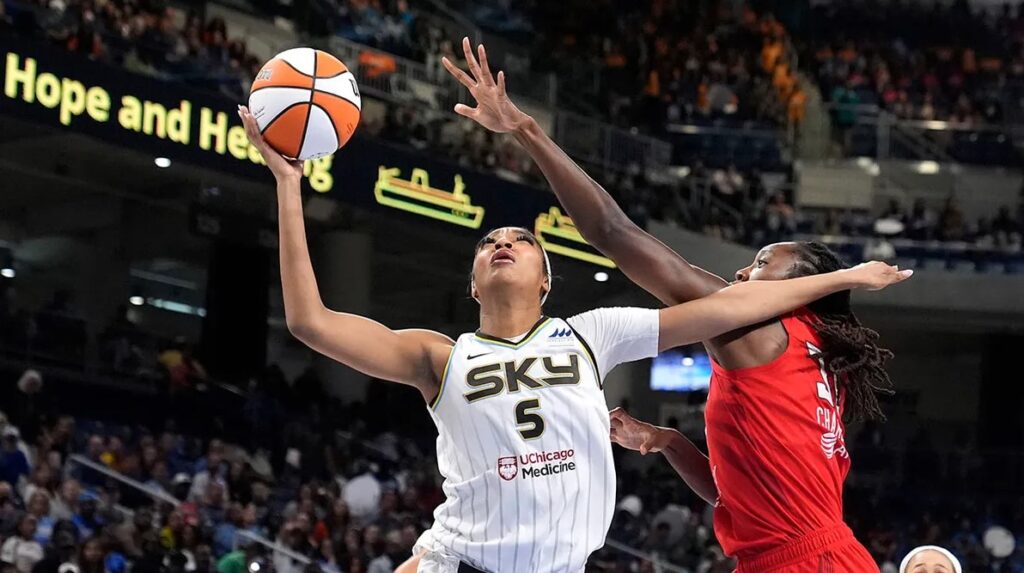WNBA Stars Draw the Line: Angel Reese Leads Charge as Players Threaten Historic Sit-Out Over Pay Disparities
The atmosphere in WNBA arenas has shifted from competitive intensity to revolutionary fervor, as players across the league unite behind a singular, powerful message that echoes far beyond the hardwood courts where they’ve built their legendary careers. When the league’s brightest stars stepped onto the court during All-Star weekend warmups wearing shirts emblazoned with “Pay Us What You Owe Us,” they weren’t just making a fashion statement—they were issuing a collective ultimatum that has sent shockwaves through the basketball world and beyond.

Angel Reese, the dynamic forward whose on-court prowess has captivated fans nationwide, has emerged as one of the most vocal advocates for systemic change within the league’s compensation structure. The rising star’s recent declarations have added unprecedented weight to the ongoing Collective Bargaining Agreement negotiations, as she boldly proclaimed that players are prepared to take the nuclear option of sitting out games if their demands for equitable pay aren’t met. Her unwavering stance represents more than individual grievance—it symbolizes a generation of elite athletes who refuse to accept the status quo of undervaluation that has plagued women’s professional sports for decades.

The timing of this unified uprising couldn’t be more strategic, occurring during one of the most successful periods in WNBA history, when television viewership has reached record highs and corporate sponsorship deals have multiplied exponentially. Players are acutely aware that their on-court excellence has directly contributed to the league’s growing popularity and financial success, yet their compensation packages remain disproportionately low compared to their male counterparts and the revenue they generate. The stark contrast becomes even more glaring when considering that many WNBA stars are forced to play overseas during the off-season just to earn a living wage that reflects their extraordinary talents.

The collective action being contemplated represents a seismic shift in how professional female athletes approach labor negotiations, moving beyond polite requests to assertive demands backed by the threat of work stoppage. This unprecedented solidarity among players demonstrates their willingness to sacrifice short-term financial stability for long-term systemic change that could benefit current stars and future generations of women’s basketball players. The potential sit-out would mark the first time in WNBA history that players have collectively refused to compete over compensation issues, setting a powerful precedent that could reverberate throughout women’s professional sports.
League executives and team owners now find themselves facing a critical juncture where they must weigh the immediate financial impact of games without their star players against the long-term sustainability of maintaining a workforce that feels chronically undervalued and undercompensated. The economic calculations become even more complex when considering the substantial investments that sponsors and broadcasters have made in WNBA content, all of which depend on the participation of the league’s marquee talents like Angel Reese and her contemporaries
.
As negotiations continue behind closed doors, the public nature of the players’ campaign has garnered widespread support from fans, celebrities, and advocacy groups who recognize the broader implications of this labor dispute. The movement transcends basketball, touching on fundamental issues of gender equity, fair compensation, and the value society places on women’s athletic achievements at the highest professional levels. Social media campaigns supporting the players have generated millions of impressions, demonstrating that public opinion strongly favors the athletes’ position in this high-stakes standoff.
The ultimate resolution of this dispute will likely establish new benchmarks for how women’s professional sports leagues approach player compensation and could influence similar negotiations across other sports organizations. Angel Reese and her fellow players have effectively transformed what might have been routine contract negotiations into a defining moment for gender equality in professional athletics, with implications that extend far beyond the confines of any single basketball season or individual career trajectory.